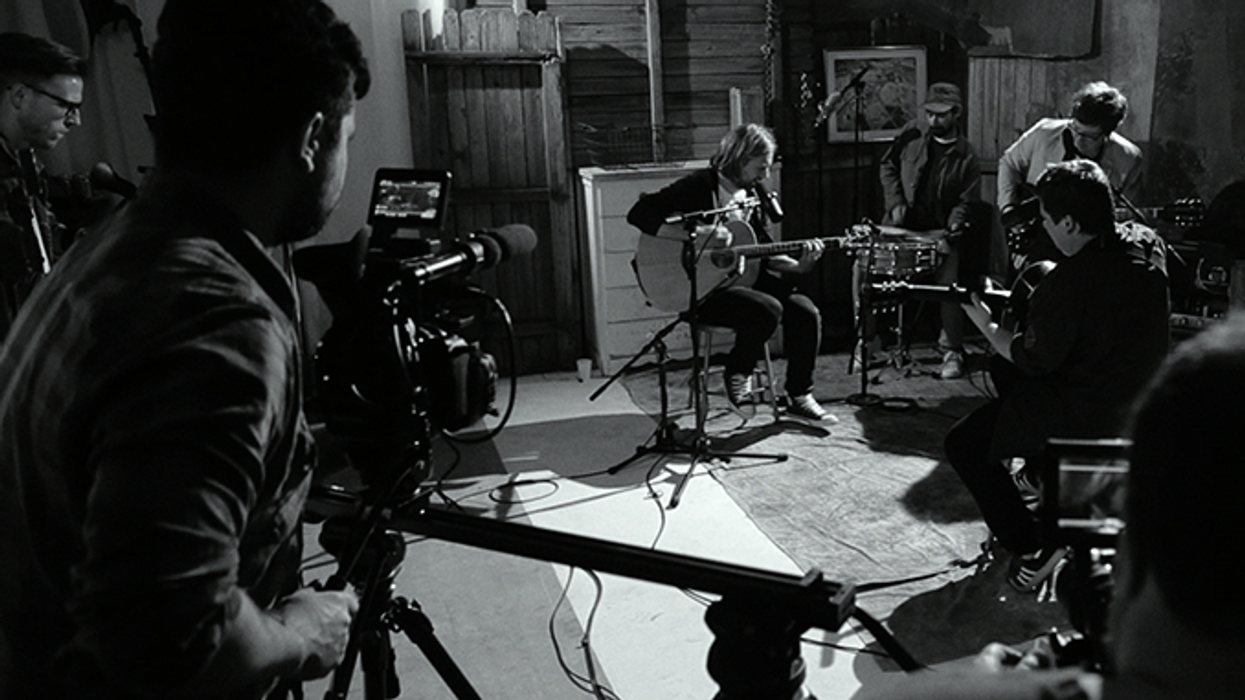5 Filmmaking Lessons for Directors, DPs, & Those Working with Multi-Cam Setups

Film Riot recently sat down with filmmaker Ryan Booth, creator/director of SerialBox Presents, to talk about multi-cam shooting and cinematography. The resulting video is full of great technical, creative, and collaborative advice for filmmakers of all levels of experience. Check it out below.
Here are a few takeaways from Booth's interview.
Dynamic range gives you wiggle room
Since obtaining a camera that shoots 4K is en vogue right now, sometimes people forget the very important concept of dynamic range. What's your camera's dynamic range? How much wiggle room do you have between the shadow detail and highlights?
The answer is always yes
Always. Period. I was in L.A. recently and was asked if my screenplay was ready to be read. "Yes! Of course it is," is the lie I told. "It's on my external hard drive at home, so I'll send it your way when I get back to Oregon next week." But I didn't fly home -- no. I sat in a cafe in West Hollywood busting out the rest of my unfinished script, because you don't pass up an opportunity to get it in the hands of somebody who can do something with it. You just make it work.
The burden is yours to carry
If you're directing a project, the buck stops with you. You have to be the most passionate, the most hard-working, the most selfless individual on set. As the director, it's your job to carry the burdens no one else wants to carry -- and do it with a smile on your face, because whether you like it or not, your attitude affects your cast and crew.
Your lighting issues might actually be a blocking issue
As Booth says, sometimes moving your subject from one side of the room to the other can change everything about your lighting. Maybe before you start moving your lights around, ask yourself if you can stand to move around your characters. (They're easier to move, too.)
Go Team!
Booth says that filmmaking is a team sport, and like every team sport, communication is incredibly important for success. Learn how to explain your vision to your fellow filmmakers; it doesn't matter if you're a director, cinematographer, audio engineer, editor, whatever. The better you communicate, the closer your final product will resemble your original vision.
Source: Film Riot











